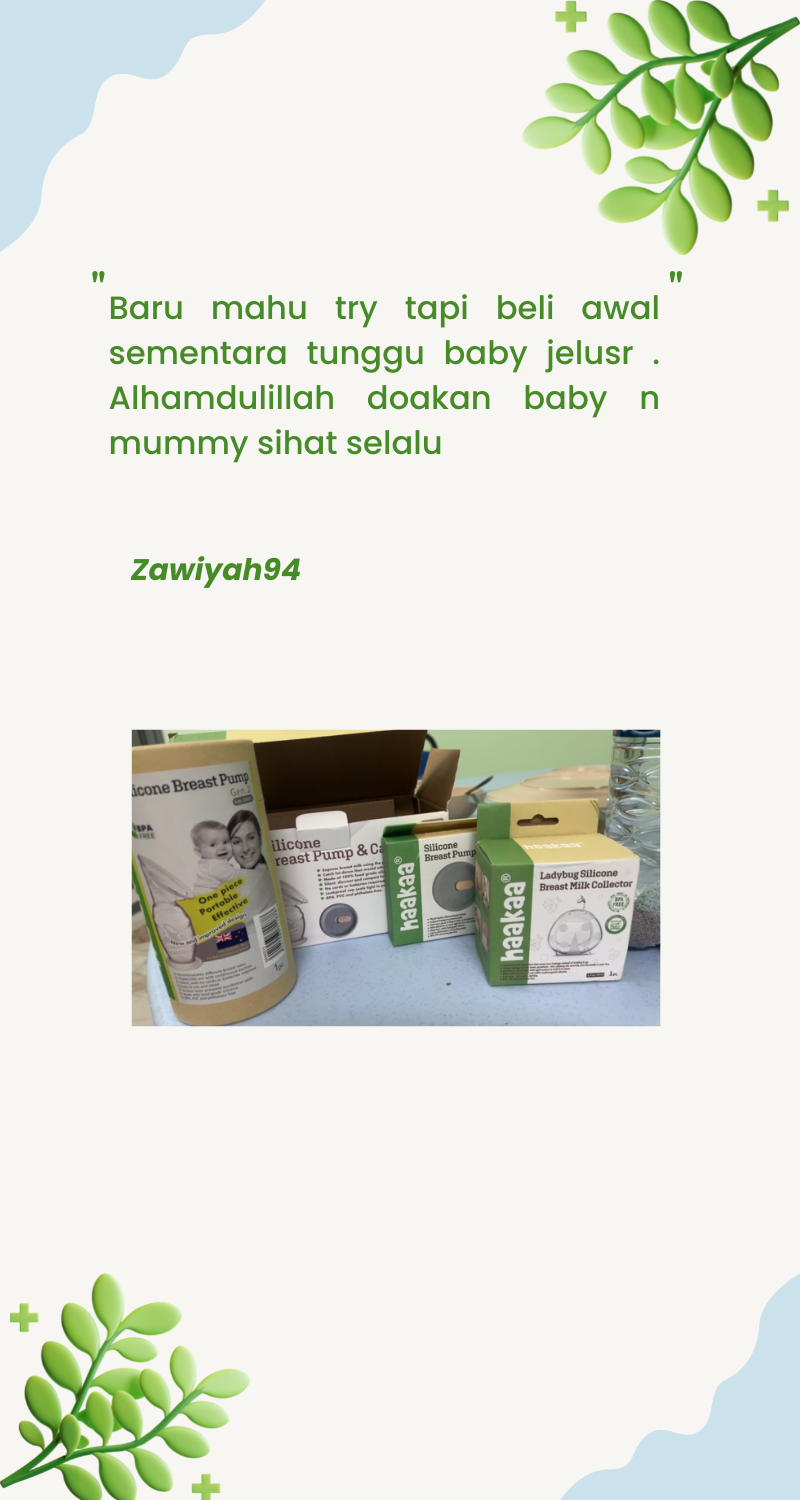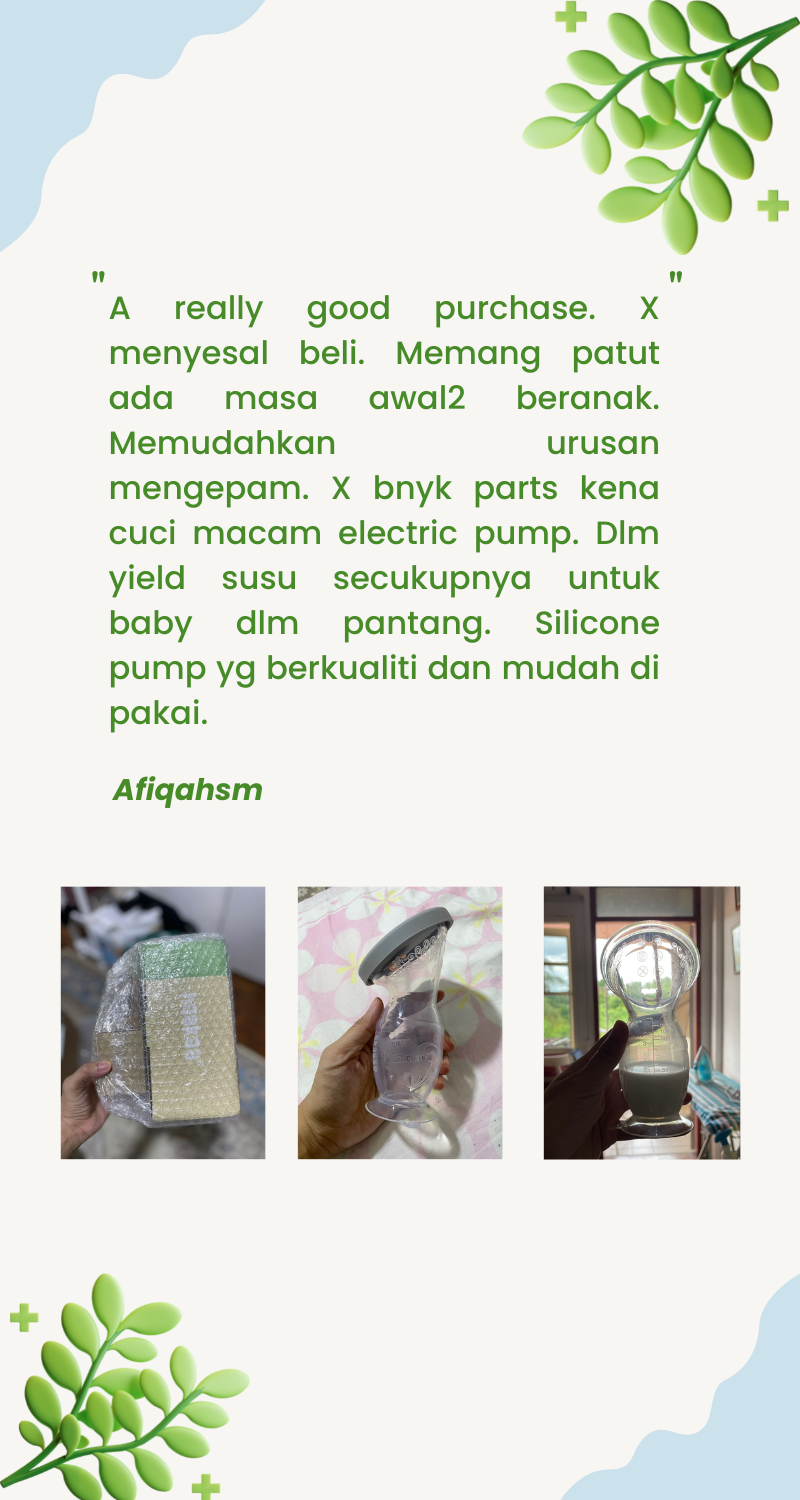What To Expect In Your Second Trimester

Welcome to your second trimester, mama!
Many women enjoy this trimester the most, as symptoms from the first trimester are often beginning to wane, while the discomforts of the third trimester are yet to come! Remember that no two pregnancies are the same, so don't feel worried if you'd still rather just take a really long nap and wake up when it's all over!
The second trimester is classed as weeks 14-27 of your pregnancy. While your little one spent most of the first trimester growing vital organs and really "taking shape", this trimester is where the finer details come in. The second trimester is a good time to sign up for any antenatal classes you've been looking at, as they often have limited spaces and fill up quick! You may also have shared your exciting news with a few (or many) people and might find that elasticated waistbands are now preferred over your once comfortable skinny jeans!

Here's a snippet of what's happening behind the scenes each week:
- Week 14: Bubs is starting to grow soft, feathery hair known as lanugo on their face and head. Their central nervous system is beginning to kick in and their blood vessels are continuing to develop. Some mums develop a linea nigra - a faint line that travels from the pelvis, past the belly button and sometimes even up towards the ribs. It can darken over the remainder of the pregnancy but often fades after birth.
- Week 15: Feeling a bit more energised lately? Many women start experiencing less of their first trimester symptoms around this time and finally have some energy to do things, like plan the nursery and start to prepare for when there's a new baby in the house! Your little one's inner ear bones are starting to harden, and they can hear you – why not read, sing or talk to them, so they begin to recognise your voice!
- Week 16: Have you noticed that you can feel tiny gas bubbles or "flutters"? That might just be your little one wriggling around and saying hello! Eventually, these will get stronger and develop into proper "kicks". Since your baby is in a rapid state of growth, you may feel hungrier than usual, but remember to try and stick to healthy eating so that you and your baby continue to get those vital nutrients.
- Week 17: Look at that bump grow! Your uterus has begun to expand and shift higher -it's now sitting around halfway between your pelvic bone and your belly button! Take it easy, as an increase in your blood volume could make you feel a little run down or "headachey".

- Week 18: Your little one's ears are working well now, and loud noises can even startle them! They can hear everything from your voice to the blood moving through your blood vessels, as well as your soothing heartbeat. They are also developing a white waxy material on their skin called vernix, designed to help protect their bodies from the amniotic fluid all around them and prevent them from turning into a wrinkly little raisin! It will also help them transition from womb to world once they are born and act like a moisturiser and protective barrier for their delicate skin.
- Week 19: Your breasts are starting to prepare the first form of milk for when your little one makes their debut into the world. This is called colostrum and is a yellowy, viscous substance that is highly nutritious and beneficial to your little one. For more information on this liquid gold, head to our blog, "Everything You Need To Know About Colostrum". Around this time in your pregnancy is when you’ll have a second-trimester scan as well. It’s at this point that you’ll usually be able to find out the sex of your baby (if you aren’t wanting to keep it a secret)!

- Week 20: Congratulations on making it to halfway, mama! You've done so well to get this far; now the countdown can begin! You might notice your belly button pokes out as your little one continues to grow and develop. Some women develop varicose veins due to the volume of blood flowing through your body combined with the reduction in blood flow as your uterus grows larger. Some things you can do to help reduce varicose veins include daily pregnancy-safe exercises like going for a walk, eating healthy, maintaining a healthy weight if you can, and elevating your legs while sitting down. Try to avoid standing for long periods also.
- Week 21: As your uterus continues to grow, you may begin to feel new aches and pains that could be characterised as a "stitch" sensation. While this is normal, be sure to contact your LMC if you feel like the pain is unmanageable or if you are concerned.
- Week 22: Your little one has started to develop their own daily routine of kicking, thumb sucking and doing somersaults in your belly! You might notice periods of the day when they are more active and others when they are more still.
- Week 23: Around this time is when you might start to notice what is called "Braxton Hicks" tightenings. While they may be uncomfortable, they shouldn't be painful and are comparable to mild period cramps. They are not dangerous and are your body's way of practising for the real thing! If you feel concerned or are in pain, be sure to contact your LMC.

- Week 24: Feeling a little more accident-prone lately? Your growing belly might be throwing your balance off, so take care out there! Nose bleeds can also be common.
- Week 25: With your little one developing more each day, stretch marks can start to appear as your beautiful belly accommodates the growing human inside of you. They can be itchy since your skin is stretching and there are plenty of remedies online that can help reduce these marks if you're not too keen on them. However, you should never feel worried if you get them – those are your tiger stripes, mama! You earned those!
- Week 26: Baby is kicking in full swing now! Others may be able to feel these movements if they place their hands on your belly. You may also begin to feel tiny "flutters" in the womb, which can be a result of your little one hiccuping!
- Week 27: Congratulations on making it to the end of your second trimester! It's completely normal around now to get muscle cramps in your legs while trying to sleep; this is known as "restless legs syndrome". Your LMC should be able to give you helpful advice on how to treat this finicky problem and (fingers crossed) give you a better night's sleep while you still can!







